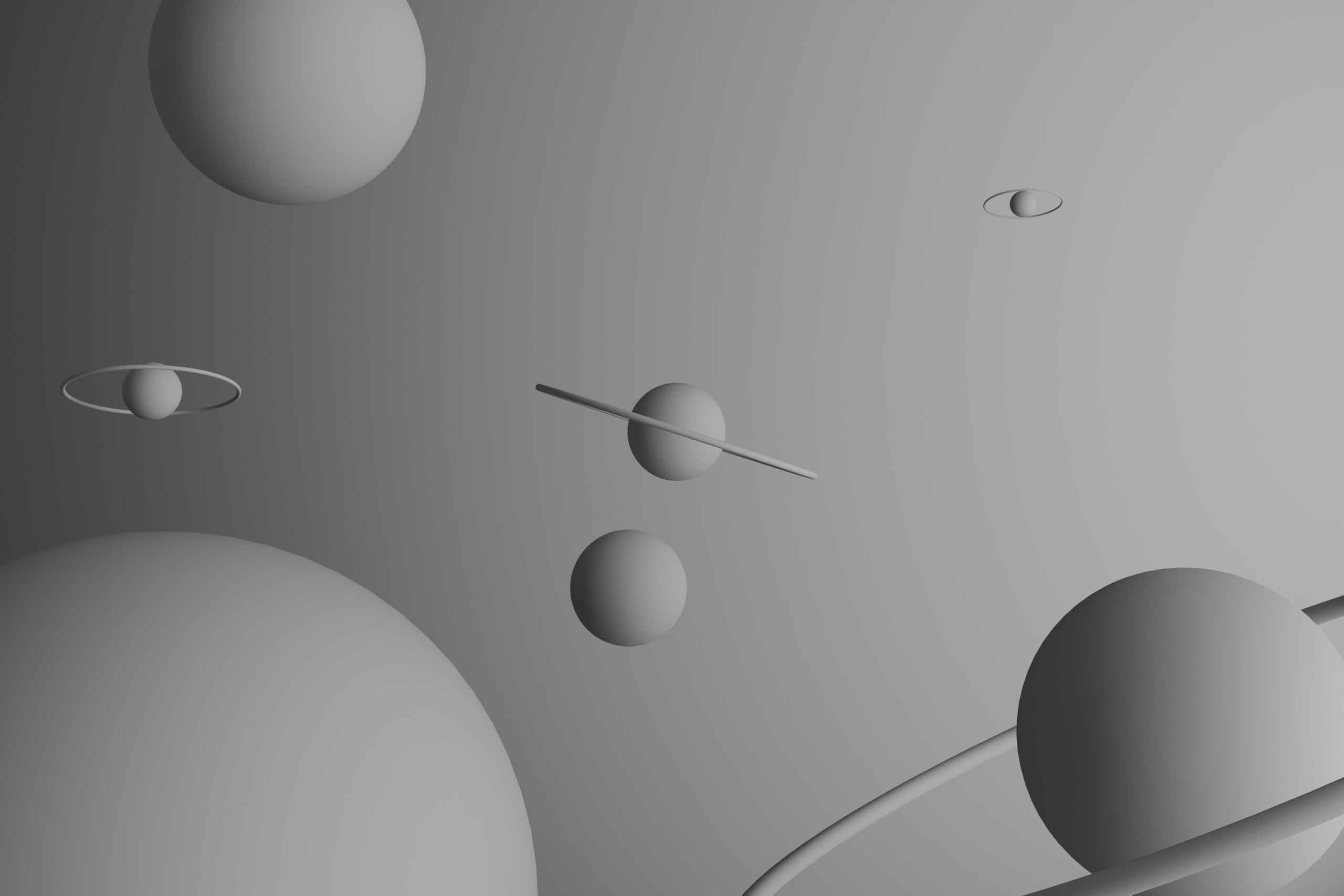Political Theory
Political theory is the study of political ideas, values, and concepts. It seeks to understand the nature of political power, the sources of political authority, and the role of the state in society. Political theory also examines the relationship between the individual and the state, and the moral and ethical questions raised by political life.
Key Concepts
- Power: the ability to influence or control the behavior of others
- Authority: the right to exercise power
- Sovereignty: the supreme authority within a territory
- State: a political entity with sovereignty over a defined territory
- Liberty: the freedom to act without interference from others
- Equality: the idea that all individuals are equal in moral status and should have equal opportunities
- Justice: the fair and equal treatment of individuals under the law
- Democracy: a system of government in which power is held by the people, usually through elected representatives
- Totalitarianism: a system of government in which the state has total control over all aspects of society
Key Thinkers
- Plato: Greek philosopher who explored the nature of justice and the ideal form of government in his book
The Republic
- Aristotle: Greek philosopher who wrote extensively on political theory, including the formation and function of different types of government
- Thomas Hobbes: English philosopher who argued that individuals are naturally selfish and require a strong central authority to maintain social order, famously in his book
Leviathan
- John Locke: English philosopher who believed in individual liberty and natural rights, and argued that government should be limited and founded on the consent of the governed, famously in his book
Two Treatises of Government
- Jean-Jacques Rousseau: French philosopher who explored the idea of the social contract, a hypothetical agreement between individuals and the state, famously in his book
The Social Contract
- Karl Marx: German philosopher who developed the idea of communism, a social and economic system in which property and resources are communally owned and distributed according to need, famously in his book
The Communist Manifesto
Important Theories
- The Social Contract: the idea that individuals enter into an agreement with the state, giving up some of their freedom in exchange for protection and security
- Marxism: the theory that all social and economic relationships are based on class struggle and that the state should be overthrown to create a classless society
- Liberalism: a political philosophy that values individual freedom and limited government intervention in the economy
- Conservatism: a political philosophy that values tradition and stability, and advocates for gradual change rather than revolution
Conclusion
Political theory is a rich and complex field that explores some of the most fundamental questions of human society. By understanding key concepts, thinkers, and theories, we can gain a deeper appreciation for the role that politics plays in our lives, and for how we can engage with and shape our political systems.
